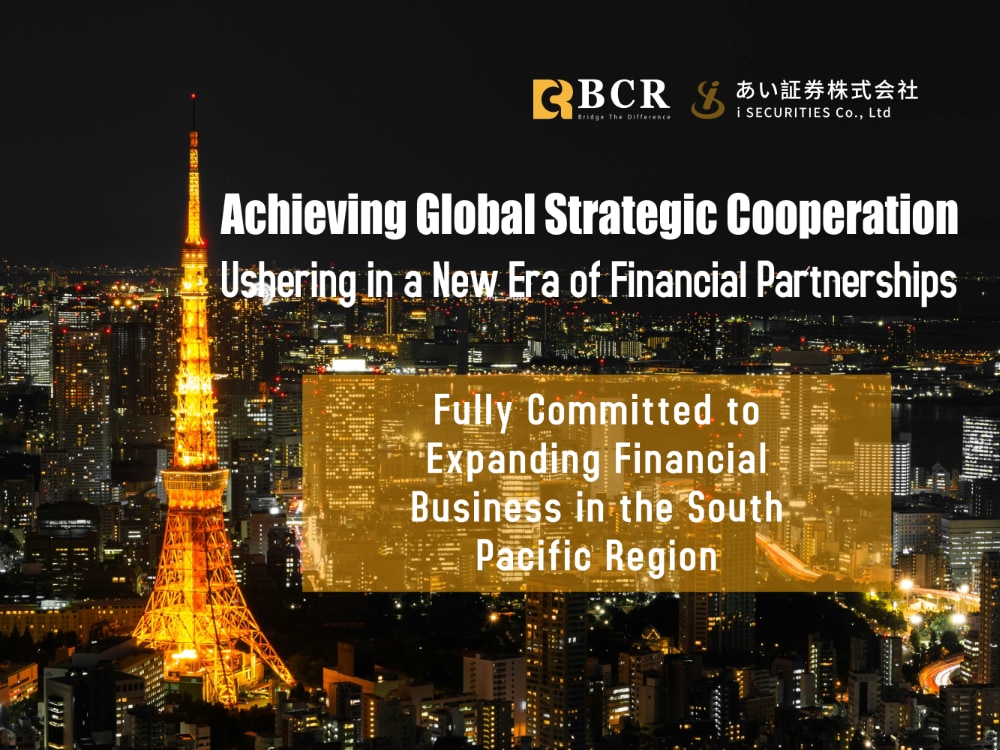





0
For decades, gold was a quiet fixture in the portfolios of Asia’s ultra-wealthy — a safe haven quietly sitting in vaults or tracked through index funds. Now, with geopolitical shocks, stubborn inflation, and unpredictable central bank policies becoming the norm, some of the region’s richest families are taking a far more hands-on approach: running gold trading operations themselves.

One standout is Cavendish Investment Corp., a Hong Kong-based multi-family office led by the former chairman of a local jewellery giant. This year, the firm is committing around a third of its portfolio to direct bullion trading — sourcing gold from artisanal mines in Kenya and other African nations, transporting it to Hong Kong for refining, and then selling it at market prices to high-net-worth buyers across Asia, including strategic Chinese clients. The model mirrors the old-world trading houses of the 19th century.
“It’s a seller’s market,” said managing partner Jean-Sebastien Jacquetin, noting a limited time window to seize the opportunity.
Dollar Weakness Boosts Bullion’s Appeal
The backdrop is turning increasingly favourable for gold. The US dollar has been under pressure from a swelling budget deficit and the prospect of Federal Reserve rate cuts. A softer greenback makes dollar-denominated bullion cheaper for global buyers, while its haven status shines brighter in uncertain times. Analysts are bullish — Deutsche Bank projects an average gold price of US$3,700 per ounce in 2026, and Goldman Sachs sees potential highs of US$4,000, compared with about US$3,375 in mid-August.
Some also view gold as a hedge against currency risks closer to home. “For Hong Kong, the real protection against its currency peg is holding physical gold,” said Quentin Mai, CEO of West Point Gold.
Hong Kong Strengthens Its Role as a Bullion Hub
China, the world’s largest gold consumer, has added momentum to Hong Kong’s market by opening its first offshore gold vault in the city this year. The move simplifies settlement for international players and cements Hong Kong’s role as the region’s key bullion centre — though experts warn that political and economic limits remain.
Tariff Jitters and Soaring Allocations
Uncertainty over gold’s place in US trade policy briefly rattled the market when President Donald Trump’s sweeping tariff plans raised fears of import duties on bullion. Trump later clarified that gold imports wouldn’t be taxed, but traders remain cautious in the absence of formal confirmation.
Wealthy investors in Asia are nonetheless increasing exposure. According to a 2025 HSBC survey of over 10,000 affluent investors across 12 markets, Hong Kong’s high-net-worth individuals more than doubled their gold allocation in a year, while mainland Chinese investors boosted theirs from 7% to 15%.
“Gold is ingrained in Asian culture,” said Joshua Rotbart, founder of metals broker J. Rotbart & Co. “It’s seen not just as an investment, but as a business opportunity.”
From Passive Asset to Active Income Stream
For some, the shift isn’t just about holding bullion — it’s about making it work. Billionaire families in Hong Kong and the UAE are earning annual yields of 3% to 4% by leasing their gold to jewellers, effectively generating income on top of capital gains. Others engage in arbitrage, buying discounted bars in Dubai and reselling them at a premium in Hong Kong, where demand and efficient logistics offer an edge.
Gold can also serve as collateral for loans to fund investments in equities, cryptocurrencies, or property. Precious metals dealers like Goldstrom and J. Rotbart & Co. are structuring profit-sharing arrangements with these families, turning what was once a dormant store of value into an active and profitable asset.
As the macroeconomic clouds gather, Asia’s wealthiest appear to be dusting off an old playbook — but with a modern twist — to ensure their fortunes continue to glitter.
Disclaimer: The information contained herein (1) is proprietary to BCR and/or its content providers; (2) may not be copied or distributed; (3) is not warranted to be accurate, complete or timely; and, (4) does not constitute advice or a recommendation by BCR or its content providers in respect of the investment in financial instruments. Neither BCR or its content providers are responsible for any damages or losses arising from any use of this information. Past performance is no guarantee of future results.
More Coverage
Risk Disclosure:Derivatives are traded over-the-counter on margin, which means they carry a high level of risk and there is a possibility you could lose all of your investment. These products are not suitable for all investors. Please ensure you fully understand the risks and carefully consider your financial situation and trading experience before trading. Seek independent financial advice if necessary before opening an account with BCR.